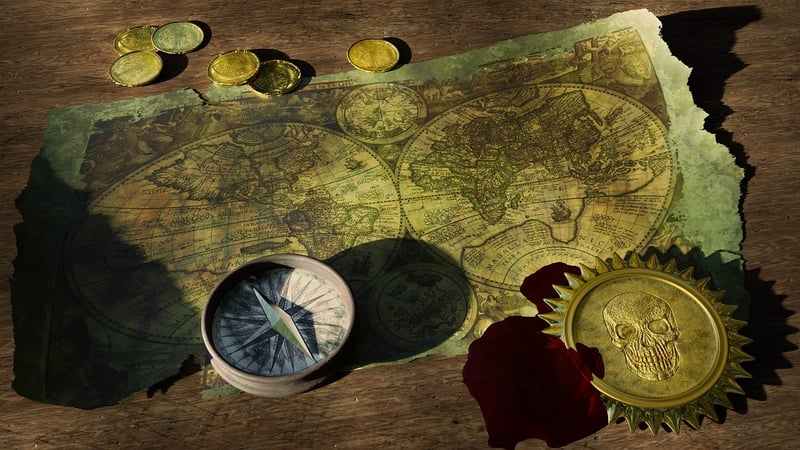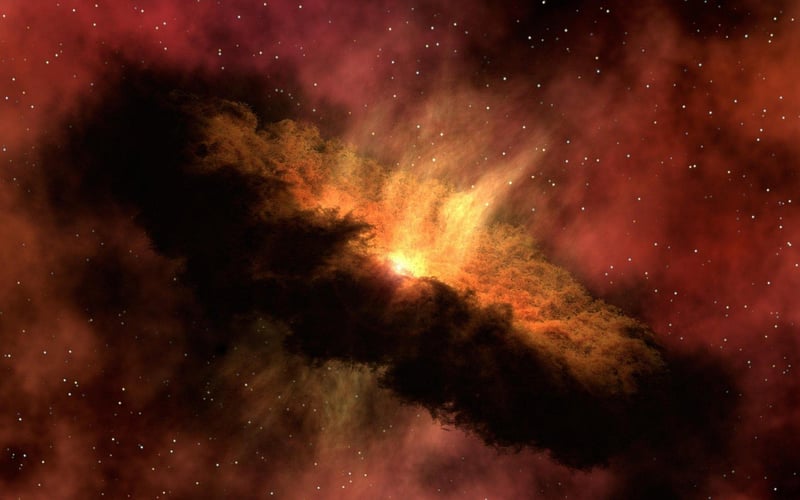Future Exploration
The Evolution of Exploration Through Different Eras and Future Prospects
Introduction
Exploration has been a fundamental part of human history, driving us to discover new lands, cultures, and technologies. Throughout different eras, exploration has evolved significantly, shaping the world we live in today. Let's take a journey through time to explore the various eras of exploration and what the future holds for mankind's quest to discover the unknown.
Ancient Era: The Age of Discovery
During ancient times, civilizations like the Phoenicians, Greeks, and Romans embarked on expeditions to expand their territories and trade routes. The Age of Discovery, starting in the 15th century, marked a significant period of exploration with explorers like Christopher Columbus and Vasco da Gama sailing across the oceans to discover new lands.

Industrial Revolution: Technological Advancements
The Industrial Revolution brought about technological advancements that revolutionized exploration. Steamships and railways made travel faster and more accessible, enabling explorers like David Livingstone to venture into the heart of Africa. The invention of the telegraph also improved communication across long distances.

Modern Era: Space Exploration
The modern era saw humanity reach new frontiers with space exploration. The Space Race between the USA and the USSR led to the first human landing on the moon in 1969. Today, space agencies like NASA and SpaceX continue to push the boundaries of exploration, with plans to send humans to Mars and beyond.

Future Exploration: Beyond Earth
The future of exploration holds exciting possibilities beyond Earth. With advancements in technology like AI, robotics, and reusable spacecraft, we are on the brink of exploring Mars, asteroids, and even exoplanets. Private companies are also investing in space tourism, offering civilians a chance to experience space travel.
Conclusion
Exploration has come a long way from ancient expeditions to modern space missions. The spirit of discovery continues to drive us towards new horizons, shaping the future of humanity. As we look ahead, the prospects for exploration are limitless, offering endless opportunities to unravel the mysteries of the universe.
References:
